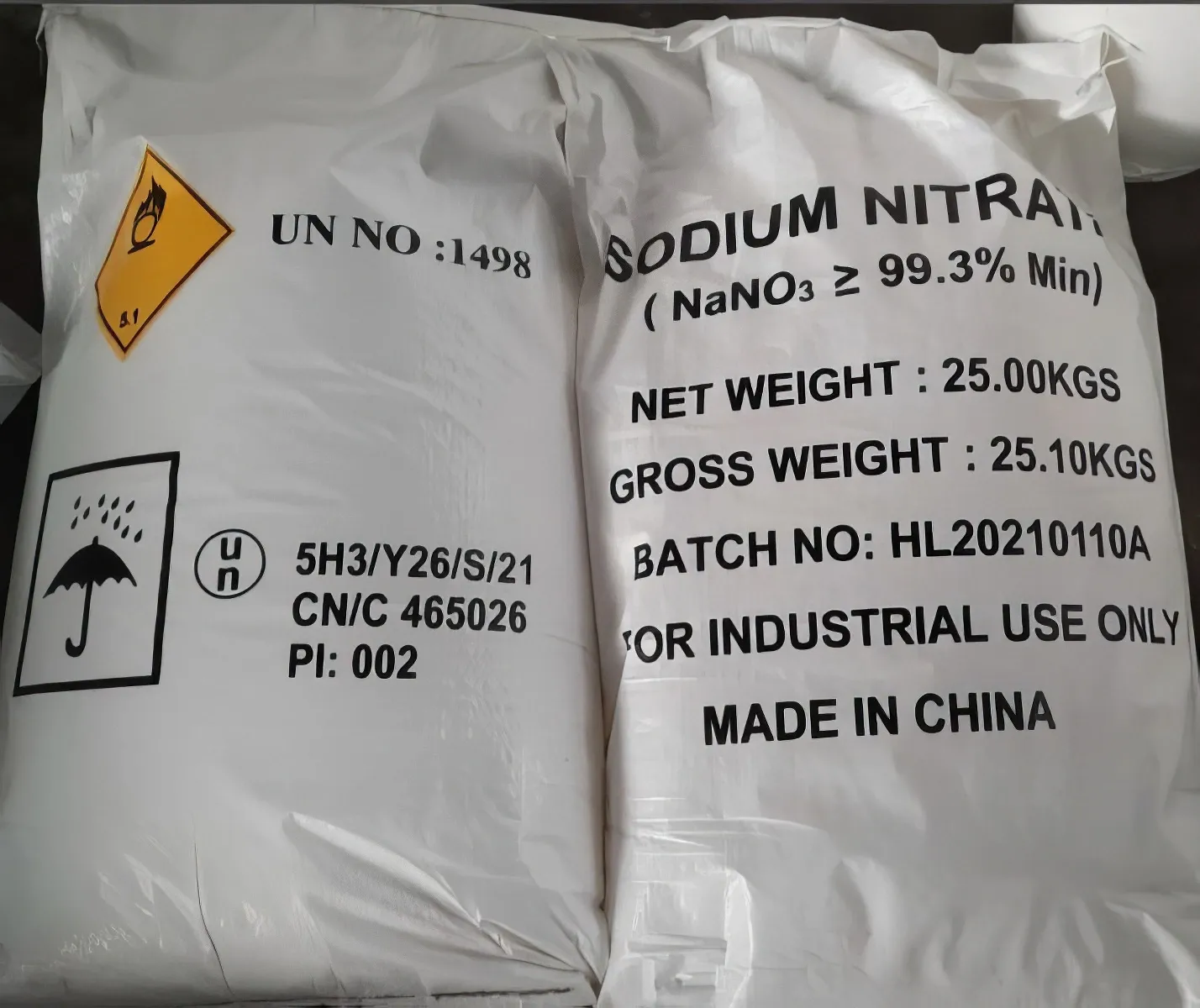



manufacture of naoh
The Manufacture of Sodium Hydroxide (NaOH)
Sodium hydroxide (NaOH), commonly known as caustic soda or lye, is an essential industrial chemical used in various applications, including chemical production, paper manufacturing, soap making, and petroleum refining. The increasing demand for NaOH has led to the establishment of large-scale production methods that ensure efficiency, safety, and environmental sustainability.
Chemical Properties and Uses
Sodium hydroxide is a colorless, odorless crystalline solid that is highly soluble in water, releasing heat in an exothermic reaction. Its strong alkaline nature makes it an effective agent for neutralizing acids, which is crucial in chemical processes. NaOH is widely used in the manufacture of pulp and paper, textiles, and detergents. It plays a significant role in the production of various chemicals, including sodium carbonate, sodium phosphates, and soap. Additionally, it is utilized in water treatment processes to adjust pH levels.
Manufacturing Processes
The manufacture of sodium hydroxide primarily occurs through two processes the chlor-alkali process and the sodium carbonate (soda ash) process
.1. Chlor-Alkali Process The dominant method for producing sodium hydroxide is the chlor-alkali process, which involves the electrolysis of brine (a concentrated solution of sodium chloride, NaCl). The electrolysis process occurs in an electrolytic cell, where electric current is passed through the brine, leading to the following chemical reactions
- At the anode, chlorine gas (Cl2) is produced. - At the cathode, hydrogen gas (H2) is produced while sodium hydroxide is formed in the solution.
manufacture of naoh

The overall balanced equation for the chlor-alkali process is \[ 2NaCl + 2H2O \rightarrow Cl2 + H2 + 2NaOH \]
This process is highly efficient and produces chlorine gas as a valuable byproduct, which can be further used in the production of various chemicals.
2. Soda Ash Process The soda ash process is less commonly used but serves as an alternative method for producing sodium hydroxide. This method involves the reaction of sodium carbonate (soda ash) with calcium hydroxide (slaked lime) \[ Na2CO3 + Ca(OH)2 \rightarrow 2NaOH + CaCO3 \] This method generates calcium carbonate (CaCO3) as a byproduct, which can be filtered out and used in various applications, such as a filler in construction materials.
Environmental Impact and Safety Considerations
While the production of sodium hydroxide is crucial for numerous industries, it is essential to consider its environmental and safety impacts. The chlor-alkali process, in particular, can have negative environmental effects due to chlorine production. Proper management of chlorine gas and its byproducts is necessary to minimize risks, including potential harm to aquatic ecosystems if not handled appropriately.
In terms of safety, sodium hydroxide is highly caustic and can cause severe chemical burns. Therefore, manufacturers must adhere to stringent safety protocols, including the use of personal protective equipment (PPE) and proper training for workers handling NaOH. Additionally, safety data sheets (SDS) must be available, providing information on how to handle spills and exposures.
Conclusion
The manufacture of sodium hydroxide is a vital process that supports many industrial applications. The chlor-alkali process remains the primary method of production due to its efficiency and the valuable byproducts generated. However, with increasing awareness of environmental and safety concerns, it is crucial for manufacturers to implement sustainable practices and maintain rigorous safety standards. As industries continue to grow and evolve, the demand for sodium hydroxide will likely increase, prompting innovations in environmentally friendly production technologies.
-
Why Sodium Persulfate Is Everywhere NowNewsJul.07,2025
-
Why Polyacrylamide Is in High DemandNewsJul.07,2025
-
Understanding Paint Chemicals and Their ApplicationsNewsJul.07,2025
-
Smart Use Of Mining ChemicalsNewsJul.07,2025
-
Practical Uses of Potassium MonopersulfateNewsJul.07,2025
-
Agrochemicals In Real FarmingNewsJul.07,2025
-
Sodium Chlorite Hot UsesNewsJul.01,2025










